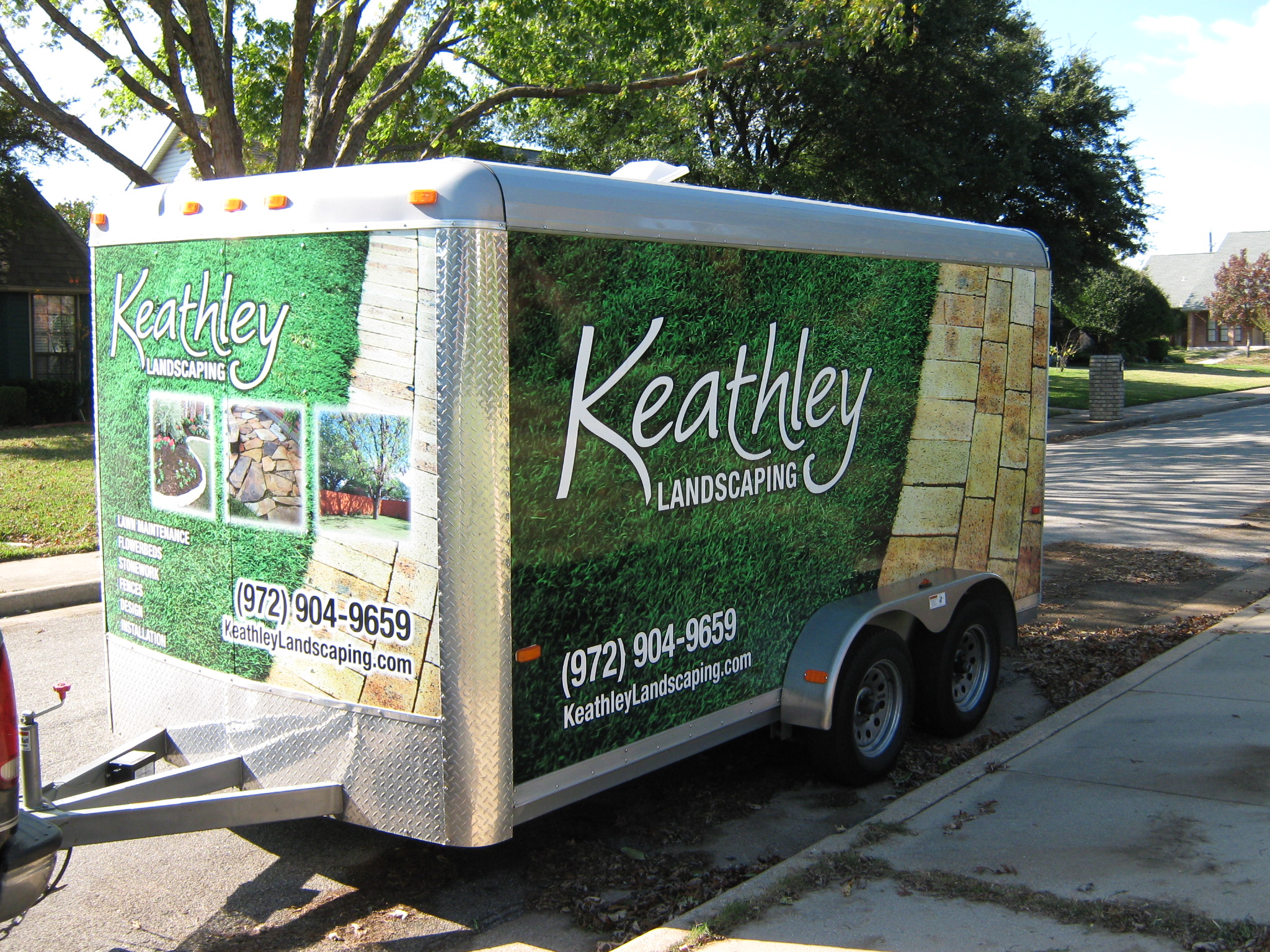Yard Drainage for DIY Enthusiasts: A Starter Guide
Every DIY enthusiast knows the satisfaction of solving problems with their own hands. But when it comes to yard drainage issues, the stakes are high. Poor drainage can lead to flooded basements, soil erosion, and even damage to your home’s foundation. Fortunately, with a bit of knowledge and the right tools, you can tackle these problems head-on. This starter guide will provide you with the essential steps to improve your yard’s drainage system, ensuring a healthier landscape and a safer home.
Understanding Yard Drainage: Why It Matters
Before diving into practical solutions, it’s crucial to understand why yard drainage is important. Yard drainage refers to the system or method by which water is moved away from your home and landscape. Proper drainage helps prevent water from pooling in low areas of your yard, avoiding potential damage.
The Consequences of Poor Drainage
Poor drainage can lead to numerous issues. According to the American Society of Civil Engineers, over $1 billion in property damage occurs annually due to water-related issues. Here are some common problems:
- Flooded basements: Excess water can seep into your basement, causing mold growth and structural damage.
- Soil erosion: Water can wash away topsoil, reducing the fertility of your garden.
- Foundation damage: Standing water can weaken your home’s foundation, leading to costly repairs.
DIY Yard Drainage Solutions
Now that we understand the importance of yard drainage, let’s explore some DIY solutions that can help you manage water flow effectively.
1. Assess Your Yard
Begin by assessing your yard’s current drainage situation. Walk around your property after a heavy rain to identify areas where water pools. Take note of:
- Low-lying areas where water accumulates.
- Downspout locations and any overflow issues.
- Slopes and their direction of flow.
2. Install Gutters and Downspouts
Ensure you have a well-functioning gutter system. Gutters should direct water away from your home, while downspouts should extend at least 5-10 feet away from the foundation. Add downspout extenders if necessary to prevent water from pooling near your home.
3. Create a French Drain
A French drain is an effective way to redirect water. Here’s how you can build one:
- Dig a trench: Excavate a trench that is sloped to direct water towards a desired area.
- Line with landscape fabric: This prevents soil from clogging the drain.
- Fill with gravel: Add a few inches of gravel, then place a perforated pipe atop the gravel.
- Cover with more gravel and fabric: Finally, cover with soil and grass to blend with the landscape.
4. Build a Dry Well
A dry well is a simple, effective way to manage runoff from your roof or driveway. To construct a dry well:
- Dig a hole: It should be large enough to accommodate a large barrel or crate.
- Line the hole: Use landscape fabric to line the hole.
- Install the well: Place a perforated barrel or crate in the hole, and fill around it with gravel.
- Connect the downspout: Use a pipe to direct water from the downspout into the dry well.
Maintaining Your Yard Drainage System
Once you’ve installed your drainage solutions, regular maintenance is key to ensuring their effectiveness.
Regular Inspections
Inspect your drainage system every few months and after heavy rains. Look for signs of clogging or erosion, and address any issues promptly.
Keep Gutters Clean
Regularly clean your gutters to prevent blockages. Clogged gutters can overflow, leading to water pooling near your foundation.
Regrade Your Yard
If you notice persistent water pooling, consider regrading your yard to improve the slope and encourage better water flow.
Conclusion: Take Control of Your Yard’s Drainage
Proper yard drainage is crucial for maintaining the health and safety of your home and landscape. By understanding your yard’s needs and implementing these DIY solutions, you can effectively manage water runoff and prevent damage. Remember, regular maintenance and timely inspections are key to a successful drainage system. Whether you’re installing a French drain or building a dry well, these strategies will equip you to tackle drainage issues head-on, ensuring a beautiful and functional outdoor space.
For more tips and DIY guides, keep exploring our blog and discover how you can enhance your home and garden.






































Recent Comments